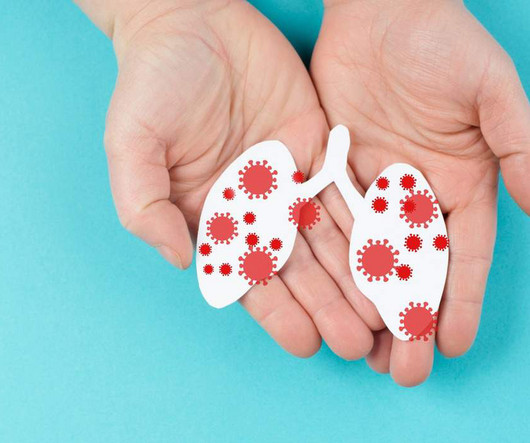Humans are disrupting natural 'salt cycle' on a global scale, new study shows
Science Daily: Pharmacology News
OCTOBER 31, 2023
A new paper revealed that human activities are making Earth's air, soil and freshwater saltier, which could pose an 'existential threat' if current trends continue. Geologic and hydrologic processes bring salts to Earth's surface over time, but human activities such as mining and land development are rapidly accelerating this natural 'salt cycle.


































Let's personalize your content